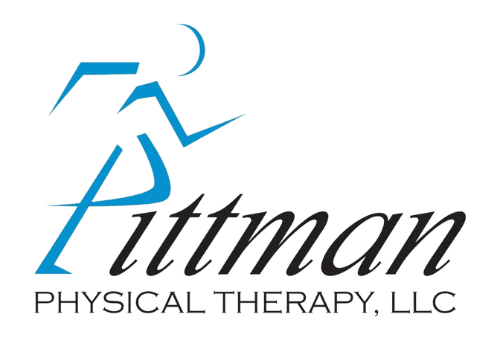It seems like every time you turn on the news there is another story about the opioid epidemic gripping the country. There is good reason for the panic. In 2016 alone, 116 people died each day from opioid-related drug overdoses. Some 11.5 million Americans misused prescription painkillers in some way, costing an estimated $504 million in economic costs. Some researchers even feel that many people who would otherwise be able to work are sidelined because they would fail a drug test. As mind-blowing as these numbers are, to a person who uses prescription pain medication for pain relief, opioids may seem like the only option. Fortunately, there is another way to manage your pain. Call Pittman Physical Therapy today to find out more about how physical therapy can help you ditch the pain meds for good.
Pain & Opioids
To understand why opioids are so dangerous, you first have to understand how your brain processes pain. Let’s say you bang your knee on the doorjamb. Pain receptors in your skin register that something happened to your knee. Those receptors send signals to your brain and spinal cord. There, your brain processes those signals as pain, and your body produces natural opioids to stop them. These chemicals slow your breathing, create a feeling of well-being and block pain signals so you can return to a pain-free state.
When you have chronic pain, severe injury, surgery or significant trauma, your brain cannot produce enough opioids to keep up with the demand. Prescription medication mimics the chemicals your body naturally produces, relieving pain, but they do not help your body heal.
Physical Therapy: A Natural Treatment
Since opioids mask the pain without treating its underlying cause, many people are choosing to forgo pain meds altogether in favor of a more natural treatment. Fortunately, physical therapy not only helps relieve pain, it addresses what is causing the pain in the first place. A physical therapist is a highly trained medical professional, but he or she also is an expert in the science of movement. Through advanced diagnostic procedures, your physical therapist can uncover the source of your pain and find ways to address it for long-term health and mobility. Best of all, physical therapy is a drug-free way to manage chronic pain.
Unintended Benefits of Physical Therapy
A physical therapist’s job is not only to manage pain, but also to improve function. Your physical therapy program may include stretches, ultrasound, manual therapies and a combination of ice and heat for pain relief, but it will not stop there. Your physical therapist will begin to address mobility, flexibility and strength as they apply to the activities of your daily life. If you are one of the more than 116 million people who struggle with chronic pain, chances are you are also limited in your ability to walk, stand, run, move, work, play and perform daily activities. Physical therapists address all of these functions and more as they work with you to strengthen your body, improve your balance and stability and enhance your quality of life.
The unintended benefits of physical therapy don’t stop with the body. They reach your brain as well. Chronic pain and prescription pain medication use can lead to anxiety, depression and isolation. Working with a physical therapist gives you a partner in your pain relief journey. This sense of community can help address the mental toll pain takes on a person in a way that opioids cannot.
Don’t join the opioid epidemic. Contact Pittman Physical Therapy Collierville, TN today and find out how physical therapy can help you live a full, pain-free, functional life.



